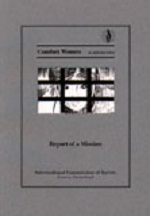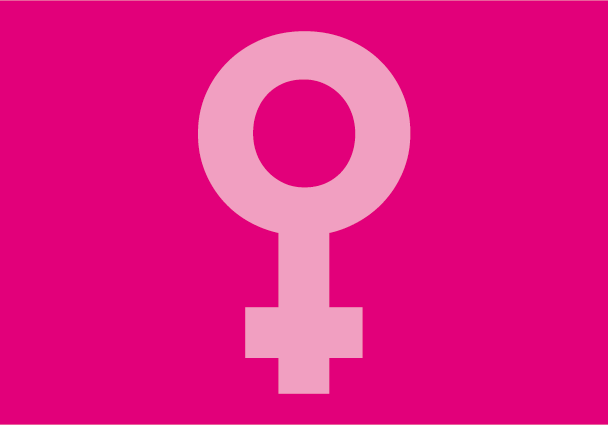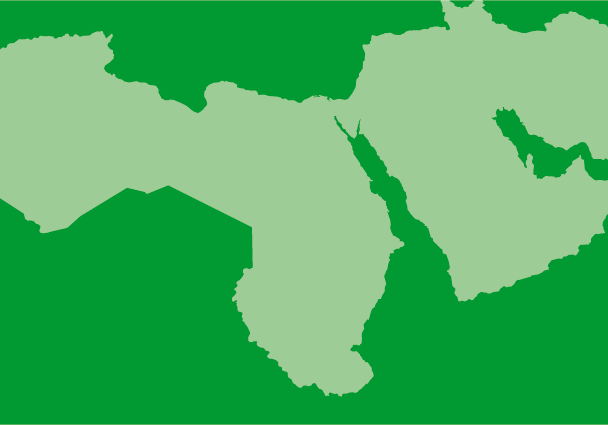
Dec 1, 1994
This report is an output based on the several consultation and seminar workshops organised by the ICJ and its Nepales section to assess the existing state of legal aid and legal literacy in the country.
This report aims to account for the situation in respect of legal aid scheme including the Twinning Programme implemented by the Nepal Bar Association in cooperation with the Norwegian Bar Association.
The report consists of six chapters. The first chapter outlines conceptual framework of legal aid with reference to
the place of legal aid in the international instruments. It also pinpoints some drawbacks of the court-oriented legal aid
system. The second chapter suggests for an emphasis on legal resources capability development as an alternate
approach to legal aid and legal literacy. The third, fourth and fifth chapters of the report takes a look at the evolution and existing system of legal aid in Nepal. The role of law campus, lawyers, Nepal Bar Association is briefly reviewed. The concluding chapter provides a list of suggestions and recommendations in the domain of legal aid and legal literacy scheme in Nepal.
Nepal-legal aid legal literacy scheme-report-1994-eng (full text in English, PDF)

Dec 1, 1994
 This is the story of people everyone tried to forget. The matter has been raised before many fora, including those of the United Nations. Much has appeared on the subject in the media.
This is the story of people everyone tried to forget. The matter has been raised before many fora, including those of the United Nations. Much has appeared on the subject in the media.

Nov 22, 1994 | News
The ICJ’s Centre for the Independence of Judges and Lawyers condemns the assassination of attorney Eugene Tan and his driver, Mr. Eddie Constantino.
The ICJ takes note of the Order issued by the President of the Philippines, President Ramos, to all law enforcement agencies to investigate the murders and to effect an arrest within the week.
Attorney Eugene Tan was a human rights lawyer, and the former National President of the Integrated Bar of the Philippines.
On 14 November 1994, Attorney Eugene Tan and his driver, Mr. Eddie Constantino were kidnapped at gunpoint at about 7:30 in the evening near his residence, in Metro Manila. The kidnap was not announced publicly until the two bodies were later found. The car was found later in the evening at Holiday Village, Imus, Cavite.
On 18 November 1994, the bodies of both Attorney Eugene Tan and Mr. Constantino were found in Sitio Barangay Sampaloc, Cavite – south of Metro Manila. Both bodies bore signs of torture and strangulation. Several gun shots and stab wounds were evident on the bodies, as well.
The autopsy reports indicate that both were handcuffed when shot, and that Attorney Tan had 5 to 6 broken ribs. Reports attribute the cause of the death of Attorney Tan to a gun shot wound to the right temple of the head. The type of firearm used is not yet determined.
The reasons for the assassination are not yet clear. The ICJ calls on the Government of the Philippines to thoroughly investigate the assassination and to bring the perpetrators of the crime to justice, and to guarantee the protection of human rights activists in the Philippines.

Nov 22, 1994 | News
This report published today is the outcome of an ICJ mission to the Philippines, the Republic of Korea, the Democratic People’s Republic of Korea and to Japan in April 1993 to study the issue.
The report documents the circumstances in which “sexual services” were forcibly obtained from Korean and Filipino women by the Japanese army before and during World War II. It contains the poignant testimonies of former “comfort women” who have had the courage to reveal their ordeal to the world. It also examines the legal responsibility of the present Japanese government towards these women whose numbers range between 100,000 and 200,000 and what steps must be taken to rehabilitate them.
The report is written by Ms. Ustinia Dolgopol, Lecturer at the School of Law, The Flinders University of South Australia and Ms. Snehal Paranjape, an Advocate of the Bombay High Court, India. They interviewed over 40 victims, three former soldiers, government representatives, NGOs, lawyers, academics and journalists.
The ICJ report finds that the Japanese Imperial Army was responsible for the setting up of a vast network of “comfort stations” for the “enjoyment” of the Japanese Army, before and during World War II. Chinese, Dutch, Filipino, Indonesian, Korean, Malaysian, Taiwanese and other women and girls, often as young as 13, were thrown into these “comfort stations” and “sexual services” were extracted from them through unimaginable violence and cruelty. The Japanese military was fully responsible for the setting up, use, operation and control of the “comfort stations.” Detailed regulations – which are reproduced in the Report – were framed by it in this regard.
This report urges the Government of Japan to take immediate steps to provide full rehabilitation and restitution to the victims as it is clear that it bears a moral and legal obligation towards them. It also contains a list of recommendations as to how this should be done.
The report is available at the ICJ Secretariat in Geneva.

Nov 21, 1994 | News
Today, the ICJ condemned the shooting of demonstrators with lethal firearms, which caused the death of at least 14 Palestinians and injured 200 others.
Even when demonstrators throw stones at the security forces, the practice in countries shows that it is neither necessary nor permissible to use lethal weapons against them.
All violence used in self-defence must be necessary and proportionate to the violence used or the threat of violence. Stone-throwing rioters can be quelled by the use of water-hoses and other non-lethal measures, and the security forces can be protected with helmets and shields, The bloody events in Gaza are the consequence of a serious violation by the Palestinian Police of international and local standards.
The ICJ welcomes the establishment of a judicial Committee of Inquiry to investigate the details of the tragic incident in Gaza on 18 November 1994. Furthermore, the ICJ calls upon the Palestinian Authority to refrain from the use of lethal and indiscriminate force against civilians and to bring the actions of their agents into conformity with accepted international standards.










